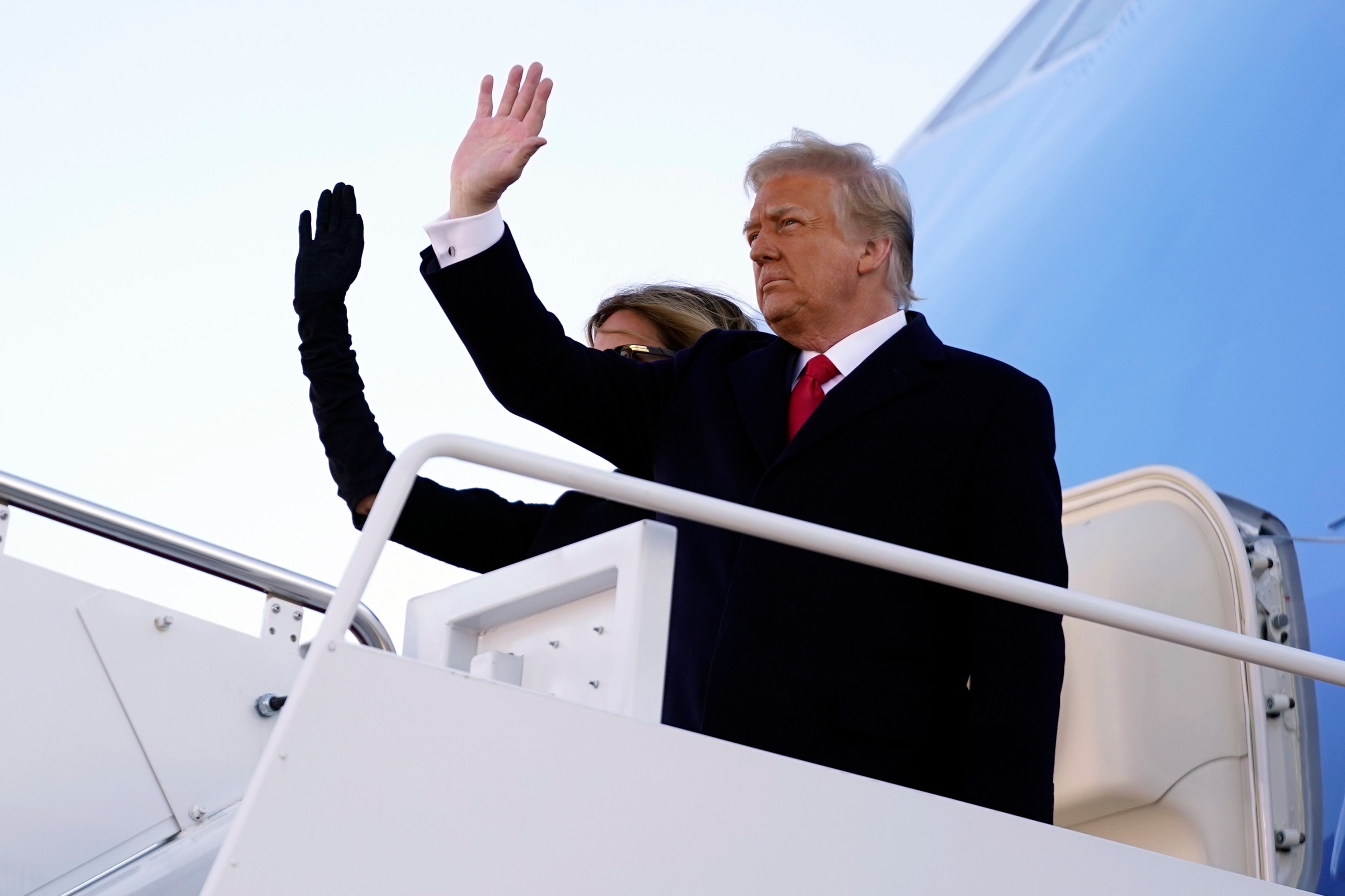The news: Hours before leaving the presidency, Donald Trump issued an executive order that requires American cloud computing companies to do more to verify the identities of their foreign customers. The stated aim is to help prevent hacking operations against the United States, although the timing and scope of the order mean it is surrounded by uncertainty.
What it says: The order instructs the Commerce Department to write new customer vetting regulations within six months for “infrastructure as a service” products offered by American tech giants such as Google, Microsoft, and Amazon. The new rules would set minimum customer identity verification standards and record-keeping requirements for cloud companies that sell to foreign customers. It includes sales made through resellers, which hackers have used in order to hide their identity before committing abuse.
Late in the day: The timing of the executive order—which was announced on the evening of January 19, the end of Trump’s last full day in office—is exceptional. Not only did it arrive just as the curtains close on his presidency, but it comes in the wake of an extraordinary hacking campaign against American government agencies and major companies. US intelligence agencies say the Russian government is “likely” behind the espionage campaign, a charge Moscow denies. The full impact of the operation is still being calculated.
Don’t settle for half the story.
Get paywall-free access to technology news for the here and now.
